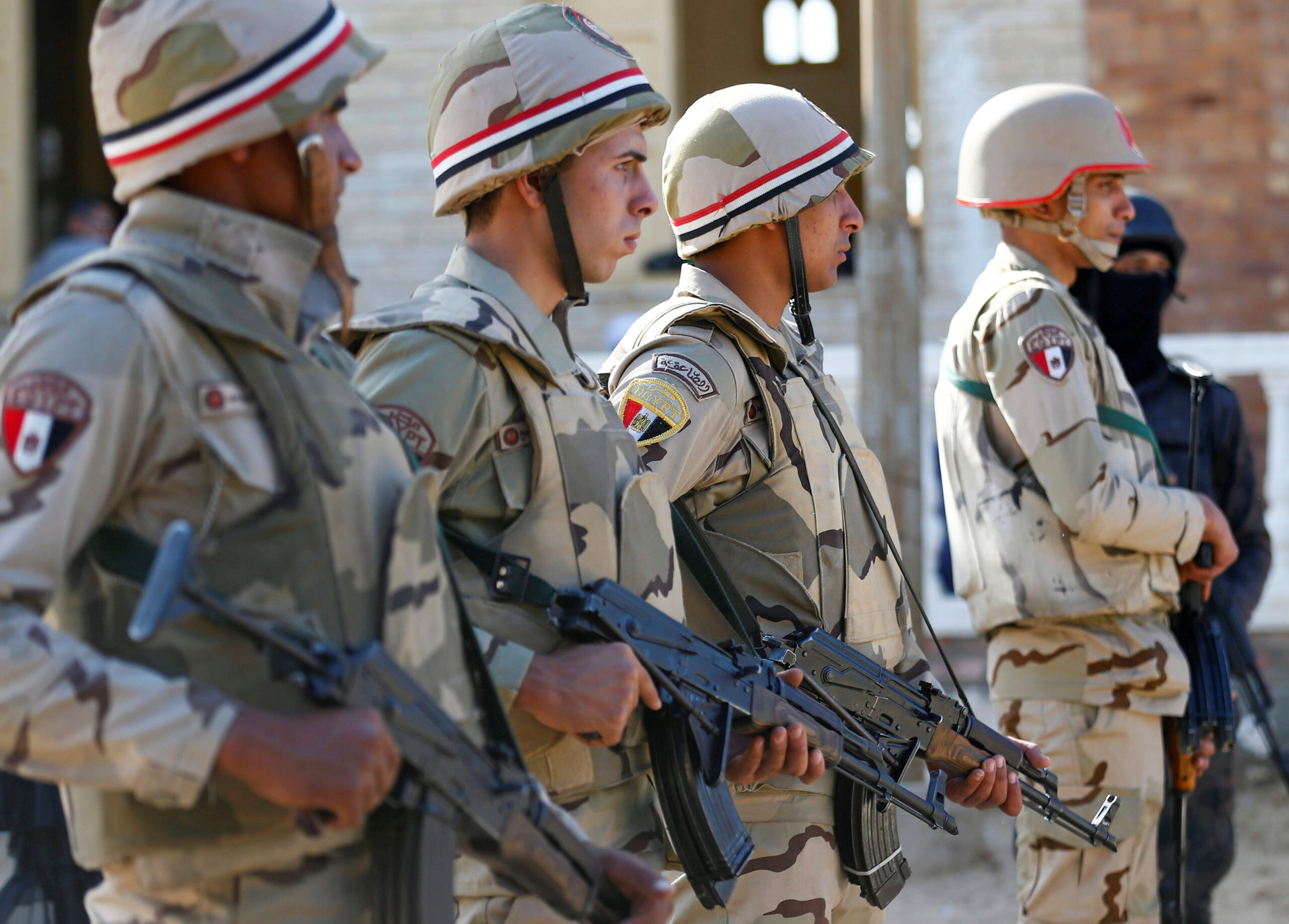
Cairo pleased as Libya’s east-based parliament welcome Egyptian military intervention


Egypt on Tuesday welcomed the eastern-based Libyan parliament’s decision to allow the Egyptian army to intervene in the Libyan conflict to confront any dangers on the national security of both countries.
In a statement, Deputy Speaker of the Egyptian Parliament Suleiman Wahdan described the Libyan decision as “historic,” stressing that Egypt would not abandon the Libyan people under any circumstances.
Late on Monday, the eastern-based Libyan parliament decided to allow the Egyptian army to intervene in the country’s ongoing conflict to protect Egyptian and Libyan national security.
The parliament’s decision came hours after the United Nations expressed concern about the military buildup around the northern Libyan port city of Sirte and its potential impact on the civilian population.
The United Nations warned that the forces of the UN-recognized Libyan government and the eastern-based Libyan National Army (LNA) led by Khalifa Haftar were fighting for the control of Sirte.
On June 20, Egyptian President Abdel-Fattah al-Sisi threatened to send troops to Libya to protect “Egypt’s national security” as fighting between the Libyan rivals intensified.
Sisi also warned that Libya’s Sirte and al-Jafra, which are currently under the control of commander Haftar, are a “red line” in terms of Egypt’s national security.
Sisi’s remarks came almost two weeks after he announced an initiative, dubbed the Cairo Declaration, to end the Libyan conflict. The plan was welcomed and backed by the U.S., Russia, the European Union and most of the Arab countries.
Meanwhile, Wahdan said that any Egyptian intervention will also be meant to preserve the Libyan wealth against the ambitions of “terrorist groups sent to Libya by Turkey.”
Libya has been locked in a civil war since the ouster and killing of former leader Muammar Gaddafi in 2011.
The situation escalated in 2014, splitting power between two rivals with warring forces, namely the UN-backed Government of National Accord (GNA) based in the capital Tripoli and the eastern-based Haftar-led LNA, which is also supported by the Libyan parliament.
Egypt, the United Arab Emirates, France and Russia support Haftar’s LNA, while the GNA is backed by Turkey, Qatar and Italy.






